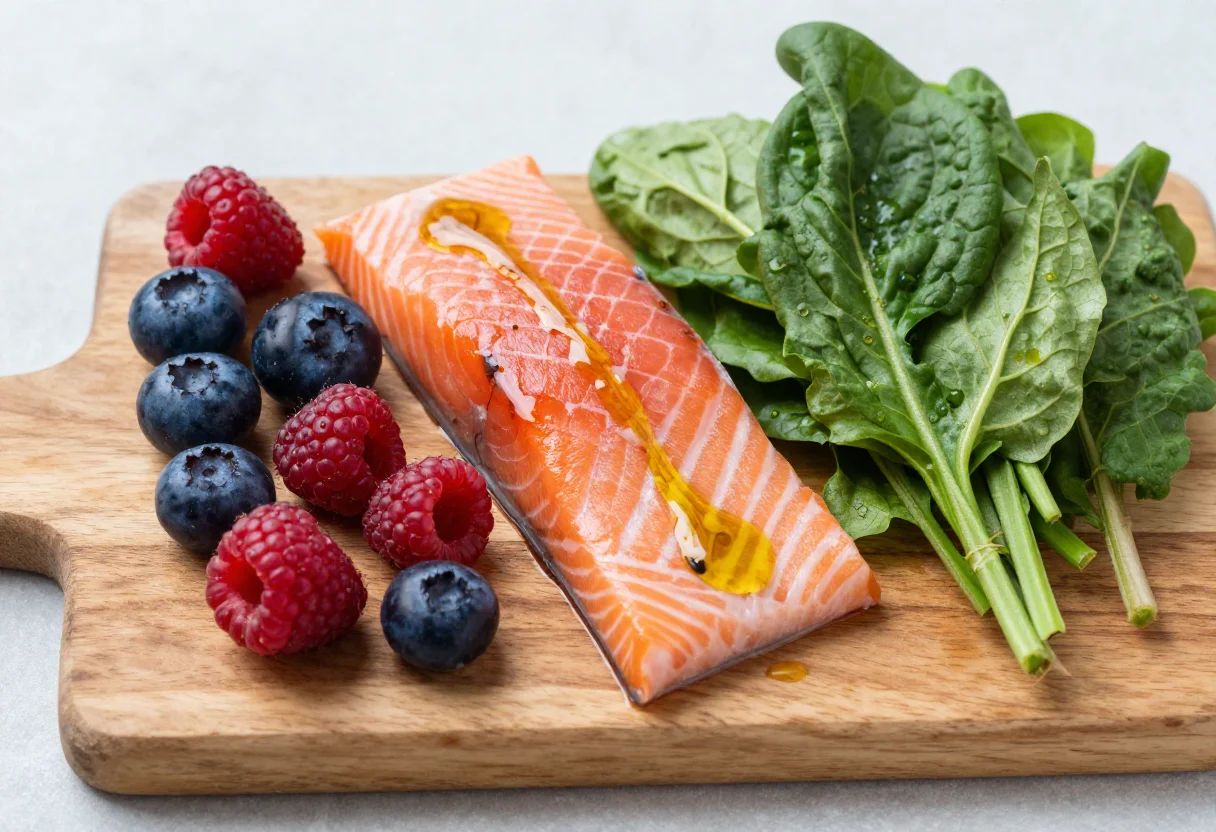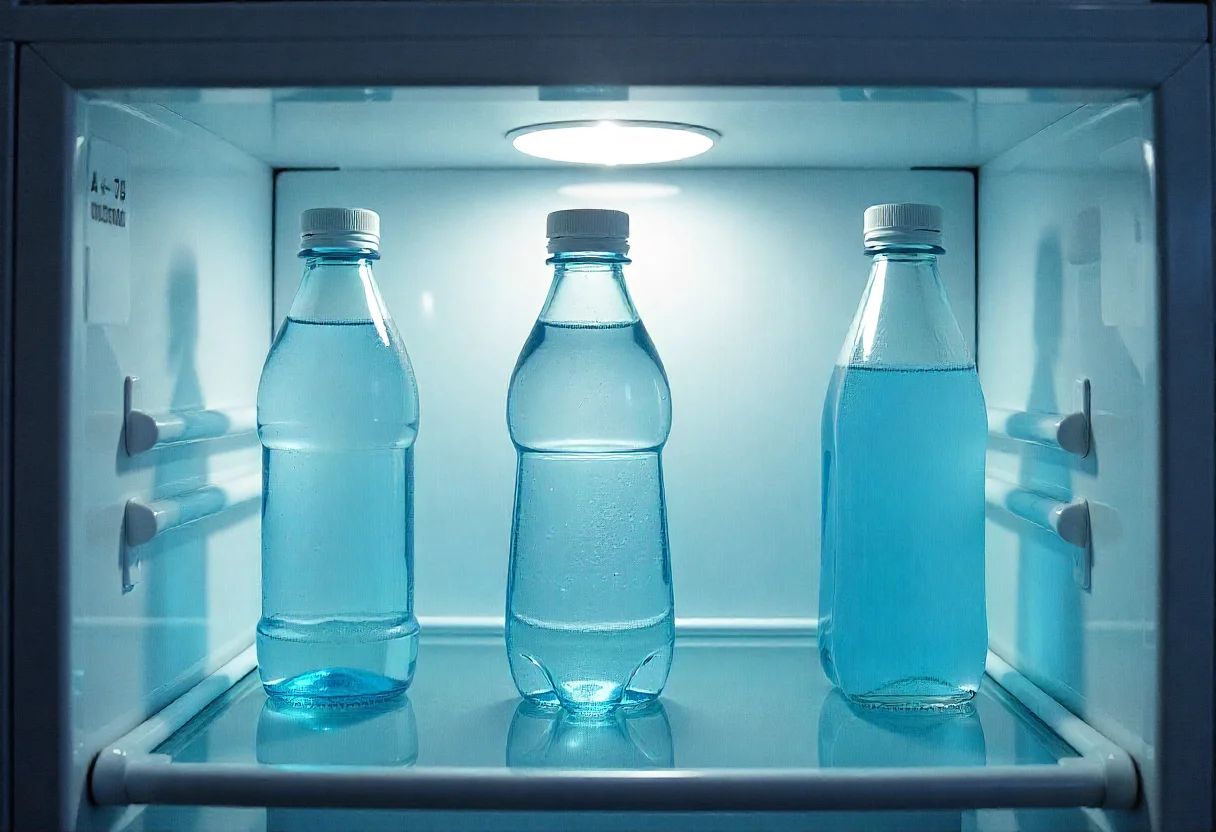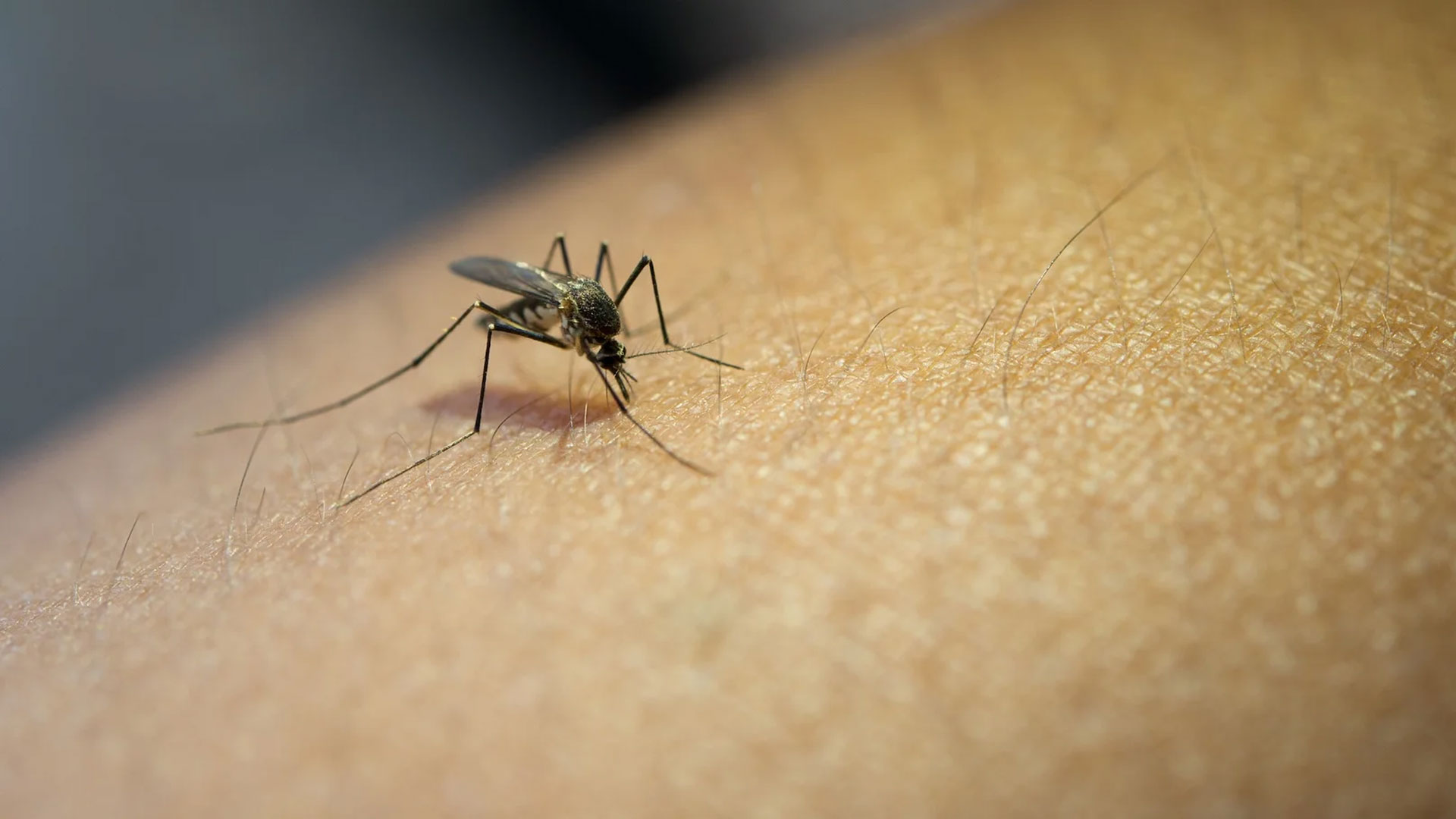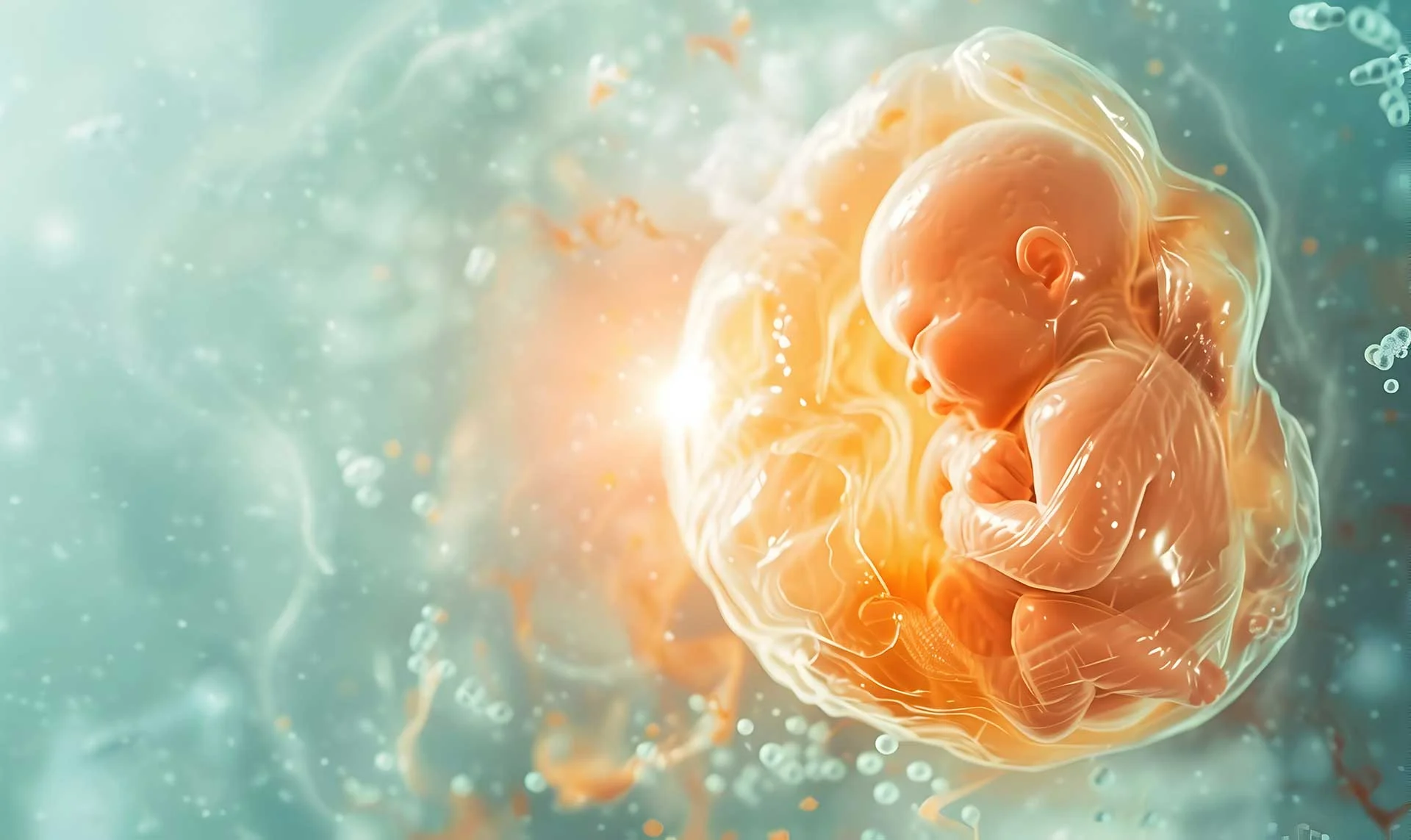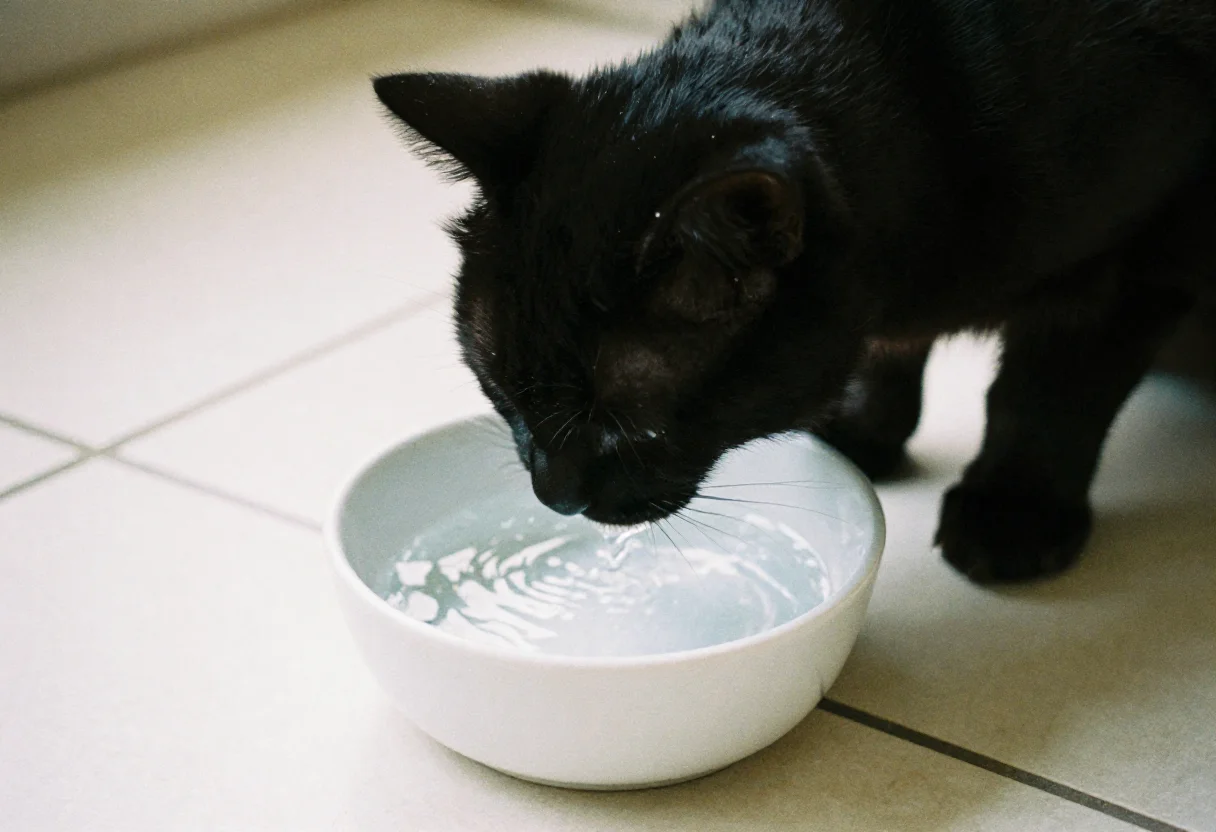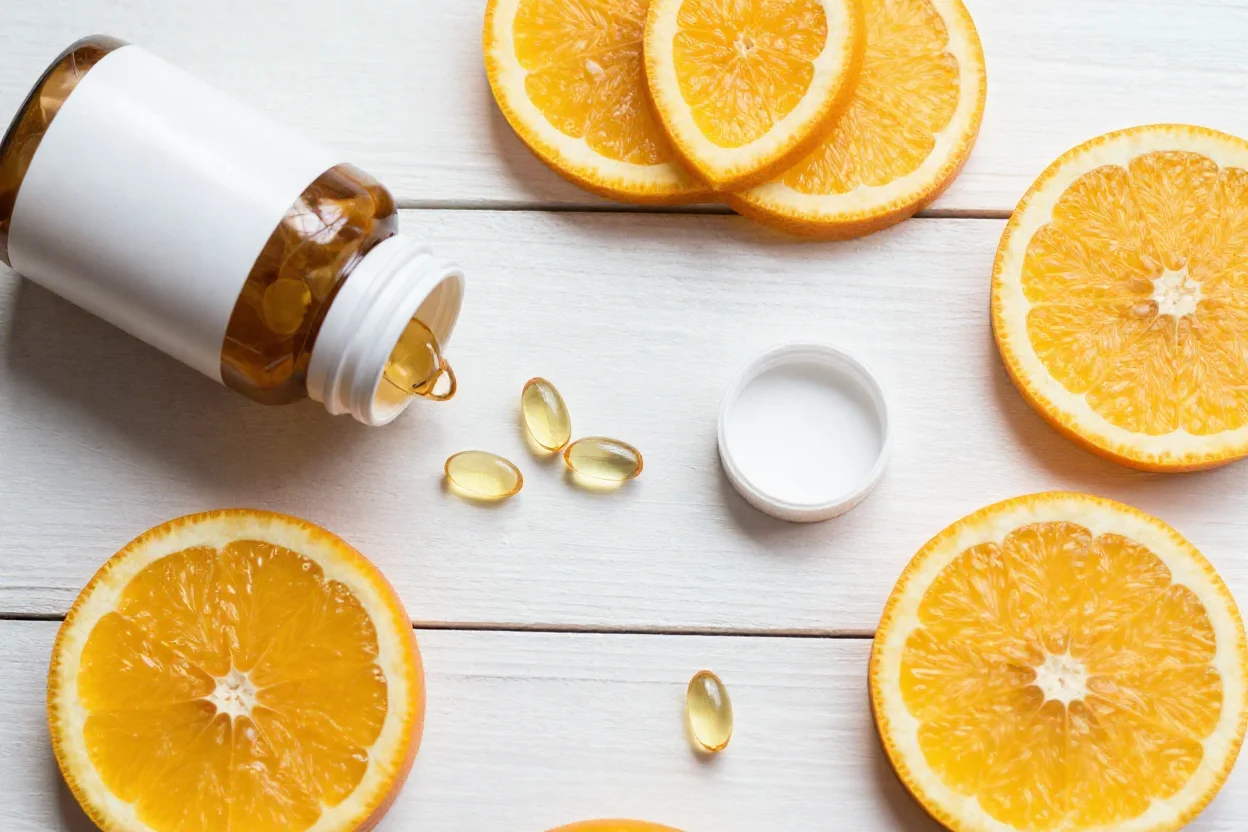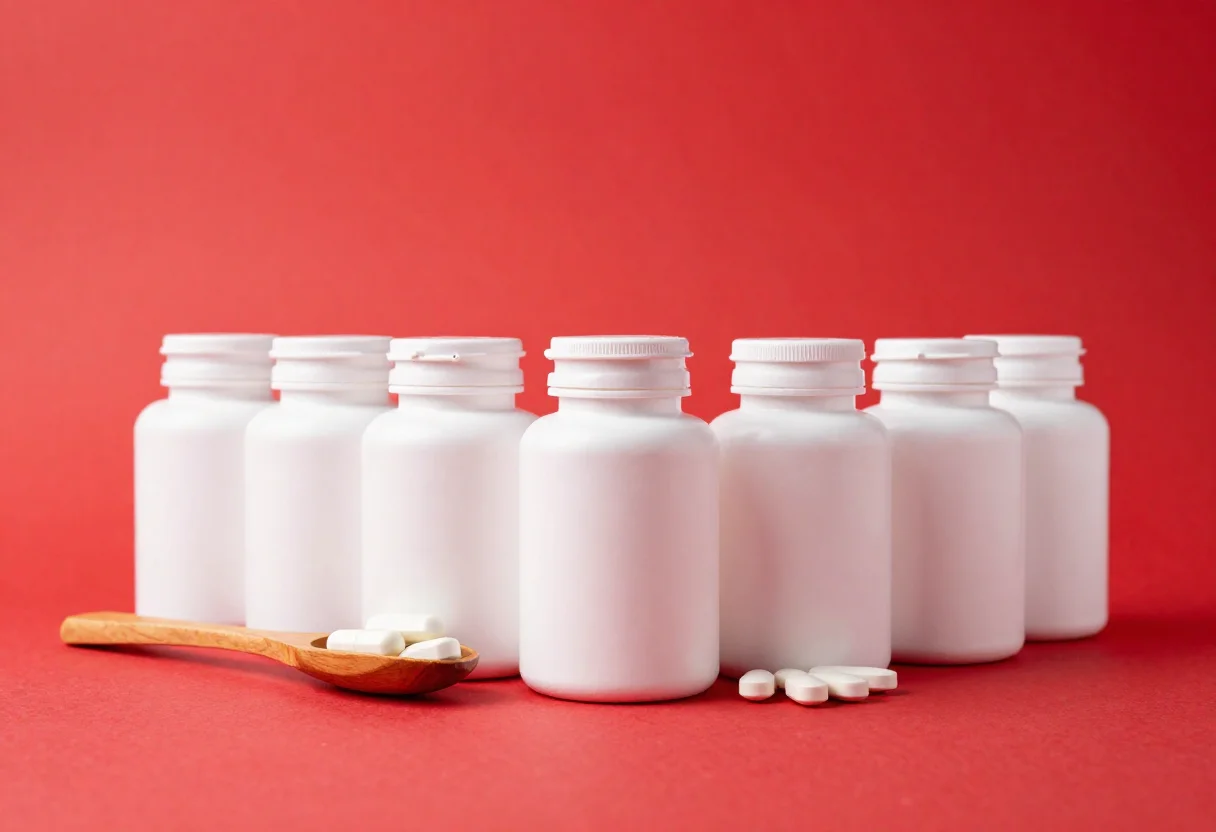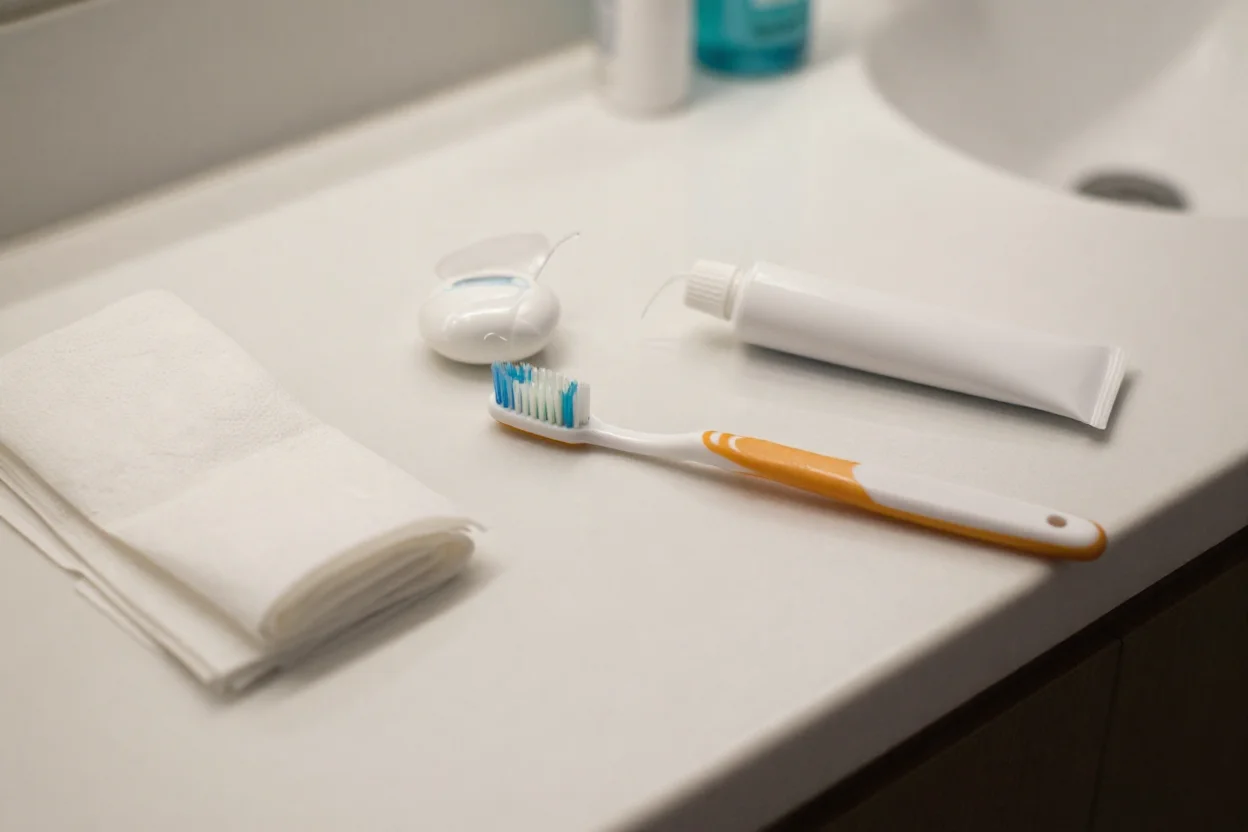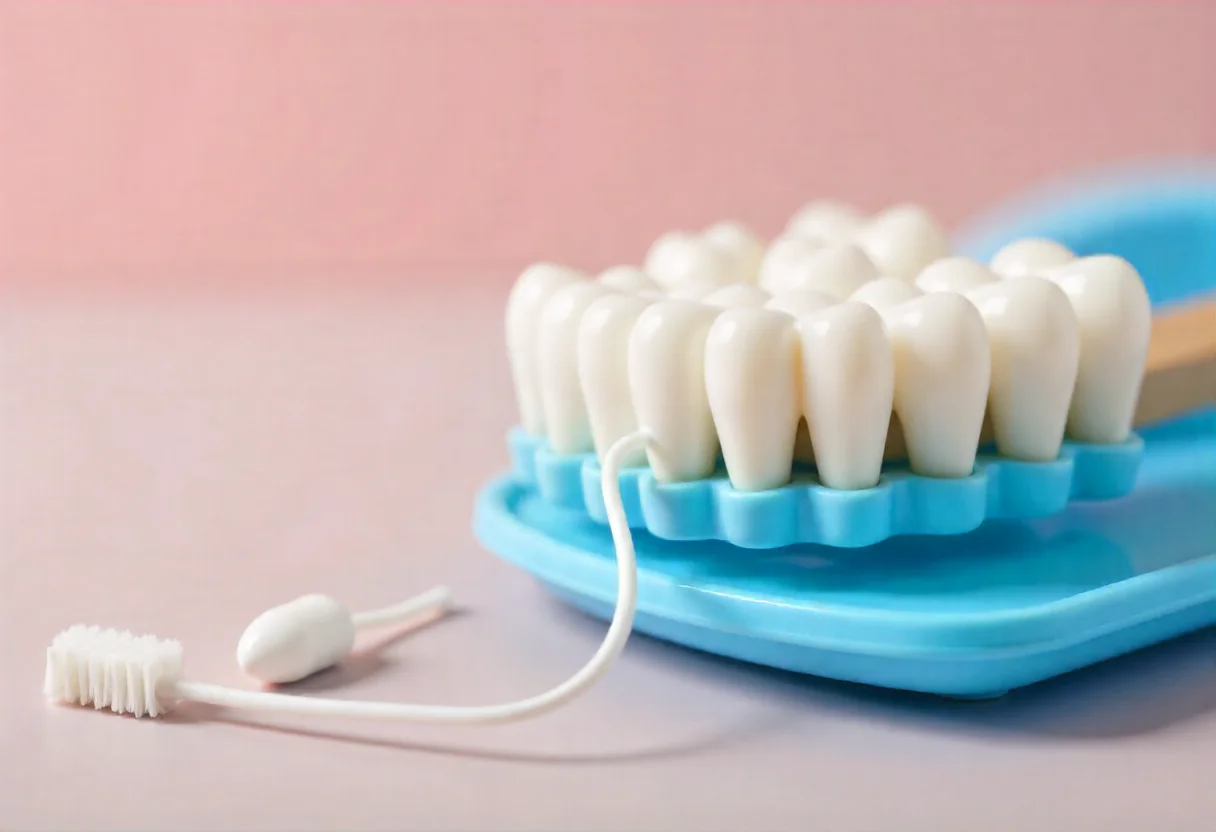
Pay attention to adequate water intake.
Check your protein intake.
Consume fish 2-3 days a week.
If you observe serious crying crises and gas pains in your baby after consuming gas-producing foods, there is no harm in removing these foods from the diet for a short time. However, removing foods from the diet in this way may cause insufficient intake of some nutrients. Therefore, make sure that the nutrients provided by the removed food are added to your diet. For example; if you decide to remove legumes from your diet for a short time such as fiber, protein, magnesium should be added to the diet. In this case, you will prevent insufficiency by adding foods from the meat group and vegetable-fruit group instead of legumes. In order to prevent insufficiencies, definitely continue this process with a dietician.
You should know that the belief that consuming foods with high sugar content such as puerperal sherbet, milk or sherbet desserts increases milk production is wrong. Stay away from excessive sugar intake in your diet.
Especially during the postpartum period, mothers may experience constipation problems. Make sure that they have enough fiber intake. Include plenty of seasonal vegetables and fruits. Eat a colorful diet.
Make sure that you get enough calcium and magnesium. Include milk and its products, nuts such as hazelnuts, almonds, walnuts, and oats in your diet on a daily basis.
Avoid excessive caffeine consumption.
Avoid seafood that has a high probability of microorganism contamination and that may contain heavy metals.
Considering the risk of pesticide residue, which has been one of the most important problems recently, consume seasonal vegetables and fruits. Get them from suppliers you trust (organic certification may be appropriate). You can consume them by washing them in plenty of water after waiting stages such as vinegar and baking soda, respectively.
Never consume products that are moldy, rancid, not stored under correct storage conditions, melted and refrozen, or that you know contain aflatoxin (toxins formed by mold) with reports and analysis results. These toxins pass into breast milk.
You can go outside and walk for at least 15-20 minutes every day to benefit from the sun.
Don't be overwhelmed by the long list of things mothers should pay attention to during the breastfeeding period, trust your instincts and the power of knowledge. Work together with health professionals to raise healthy generations.
Contrary to popular belief, consuming sugar and sugary foods does not increase milk production. Since there is a need to drink plenty of water after consuming these foods, it may be perceived as if it does. However, this situation is completely related to water consumption. Drink plenty of water.
The mother's requirements during the lactating period are higher than during pregnancy. However, this increased need is never twice the energy needs of a healthy individual. In order to fully determine this need and have an adequate and balanced breastfeeding diet, you should definitely consult a dietician at least once.
Breast milk alone is sufficient for your baby for the first 6 months. There is no need to even give water. The mother and baby should come together for breastfeeding within the first 30 minutes after birth. Any behavior that will cause the mother and the baby to be removed from the moment of breastfeeding due to various customs, traditions or traditions is wrong.
Breastfeeding may not occur at the desired level in the early stages. This should not reduce the mother's self-confidence or cause her to feel inadequate. This is a normal process. During this process, the transition to bottle or formula should not be rushed with the thought that your baby is hungry. At this stage, the mother's milk should be expressed and slowly given to the baby's mouth with the help of a spoon bottle, again triggering the suckling reflex. With this method, both the secretion of breast milk continues and the baby does not turn to a tool that it can easily grasp and suckling, such as a bottle. Remember that it is more difficult for a newborn baby to suck milk from the mother's breast than from a bottle. The baby may turn to the bottle and reject the breast. Therefore, a spoon bottle should be used in such cases.
There is no need to use a dummy or pacifier. Using these may indirectly cause early satiety or breast rejection. The baby needs the mother's breast and the most basic bond it will establish with the mother. There is no need for tools that will prevent both mother and baby from adapting to this new process.
Calvo-Lerma, J et al. Comprehensive Targeted and Quantitative Profiling of the Human Milk Metabolome: Impact of Delivery Mode, Breastfeeding Practices, and Maternal Diet. Molecular nutrition & food research (2024). Caut CM, Leach, and Steel. Dietary Guideline Adherence during Preconception and Pregnancy: A Systematic Review. Maternal & child nutrition (2020).
Eroğlu Samur G. Gebelik ve Emziklilik Döneminde Beslenme. Sağlık Bakanlığı Yayın No: 726 (2012).
Iacovou M et al. Randomised clinical trial: reducing the intake of dietary FODMAPs of breastfeeding mothers is associated with a greater improvement of the symptoms of infantile colic than for a typical diet. Aliment Pharmacol Ther (2018).
Kidd M et al. Something is wrong with your milk": Qualitative study of maternal dietary restriction and beliefs about infant colic. Canadian family physician Medecin de famille canadien (2019)
Smith TJ et al. Diets, Fruit and Vegetable Intake and Nutritional Status Among Children, Adolescents and Adults in the Philippines: A Scoping Review. Maternal & child nutrition (2024).
Uçar Z ve Öngün Yılmaz H. Nutrition in lactation: energy and macro nutrients. J Health Pro Res (2020).
Valentine CJ and Wagner CL. Nutritional Management of the Breastfeeding Dyad. Pediatr Clin N Am (2013).
